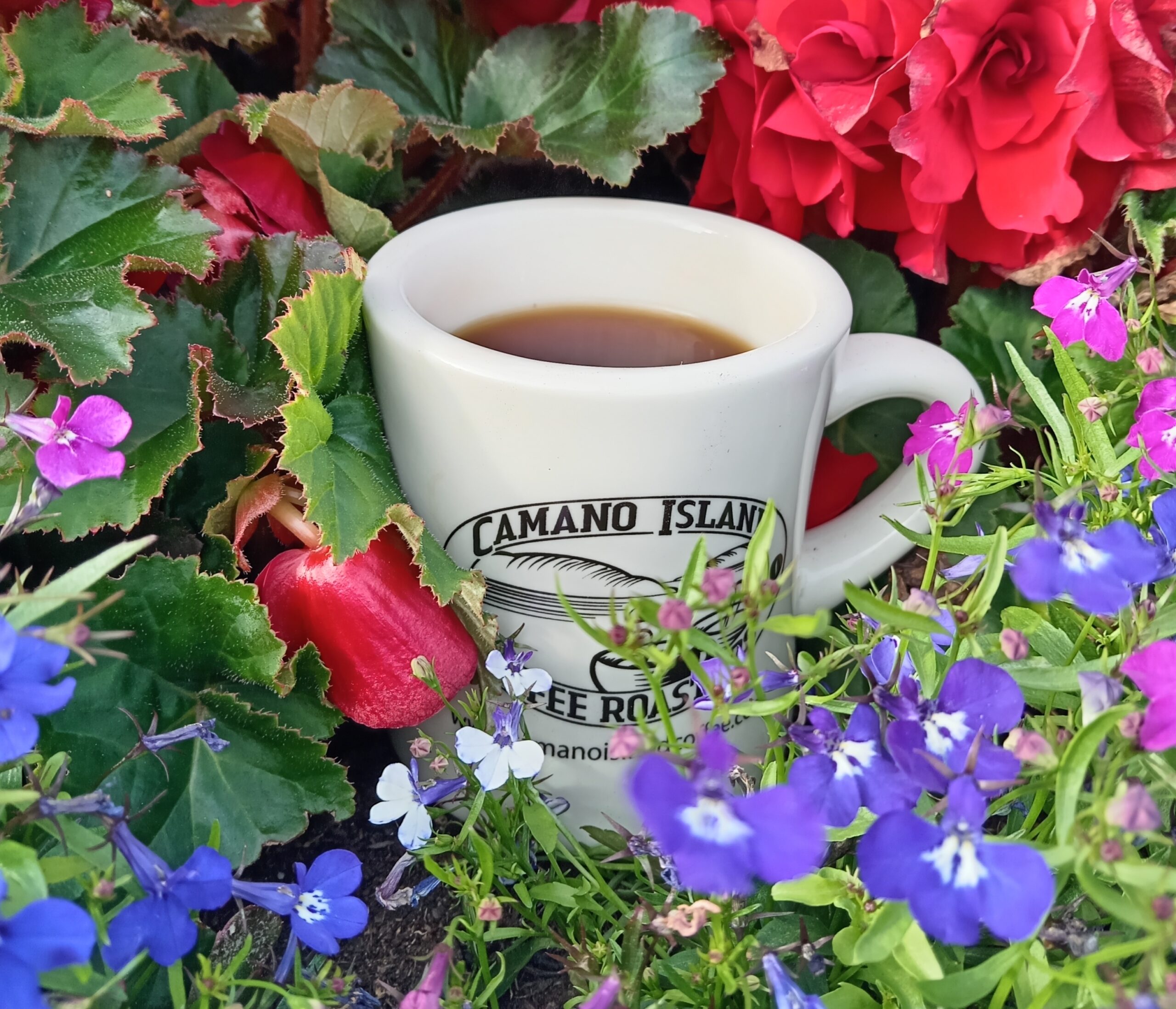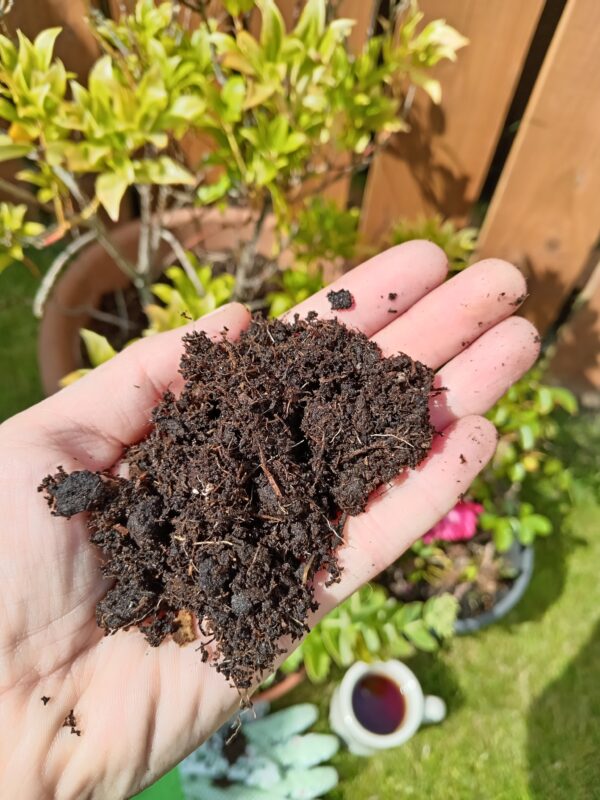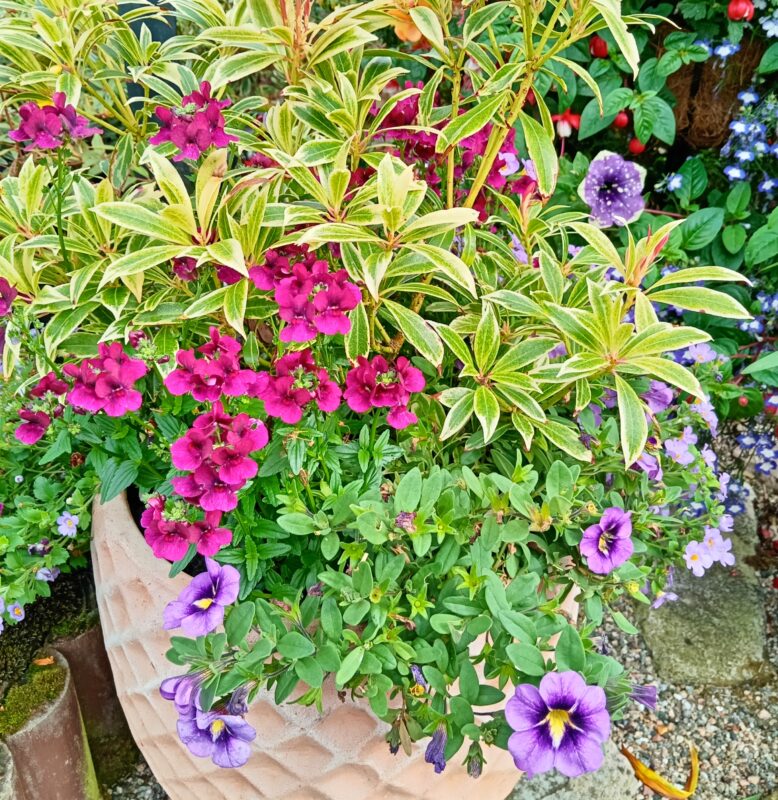
Coffee Can Help Your Garden Grow!
Coffee isn’t just for jumpstarting your day—it can also energize your garden. With mindful use, those leftover grounds can be a powerful, eco-friendly boost for your backyard ecosystem.
Coffee grounds can offer several benefits to your plants and soil. Here’s how:
1. A Natural Fertilizer
Coffee grounds are rich in nitrogen, an essential nutrient that promotes healthy plant growth. When composted, they break down into organic matter that improves soil structure, water retention, and aeration. You can sprinkle them around plants or add them to your compost pile for a natural nutrient boost.
Just remember: proper watering is key. Make sure the soil dries out between waterings to prevent mold from forming.

2. Natural Pest Repellent
Slugs, snails, and even some ants dislike the texture and smell of coffee. Sprinkling used grounds around the base of plants can create a natural barrier, helping protect tender greens like lettuce. As a bonus, it may also deter curious cats from napping—or worse—in your flower beds. However, it is important to note that coffee grounds can be harmful to pets like cats and dogs if digested in large doses. If you have a pet that likes to sample everything, it would be wise to avoid laying coffee grounds directly onto the garden. Bury them in your compost heap instead.
3. Attract Earthworms
Worms love coffee grounds—which is great news, since worms are essential for a healthy garden. They aerate the soil, break down organic material, and boost nutrient availability. Feeding your garden’s underground helpers can improve soil health from the ground up.
4. Sustainable Gardening
Using coffee grounds in your garden reduces kitchen waste and supports eco-friendly gardening practices. It’s a simple way to recycle what you already have and lessen the need for synthetic fertilizers.
Tips for Using Coffee Grounds in the Garden:
- Don’t overdo it – Coffee grounds are acidic and can compact. Use in moderation and balance with other compost materials.
- Use only used (brewed) grounds – Fresh grounds are too acidic for most plants.
- Mix well – Blend grounds into compost or lightly mix into garden soil for best results.
- Do your research – Not all plants love coffee. Lavender, rosemary, and ferns, for example, prefer more alkaline conditions.

Bottom line? Coffee grounds can be a valuable addition to your gardening routine—just use them wisely, and your plants will thank you!
